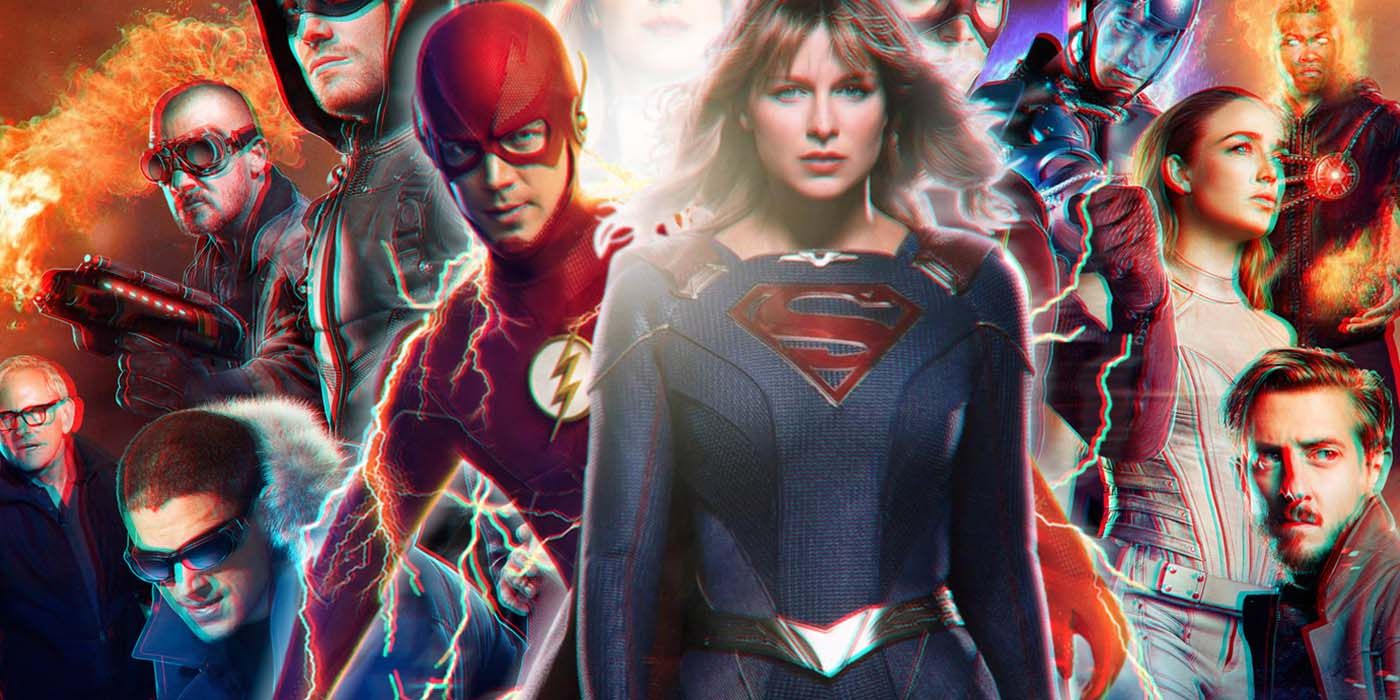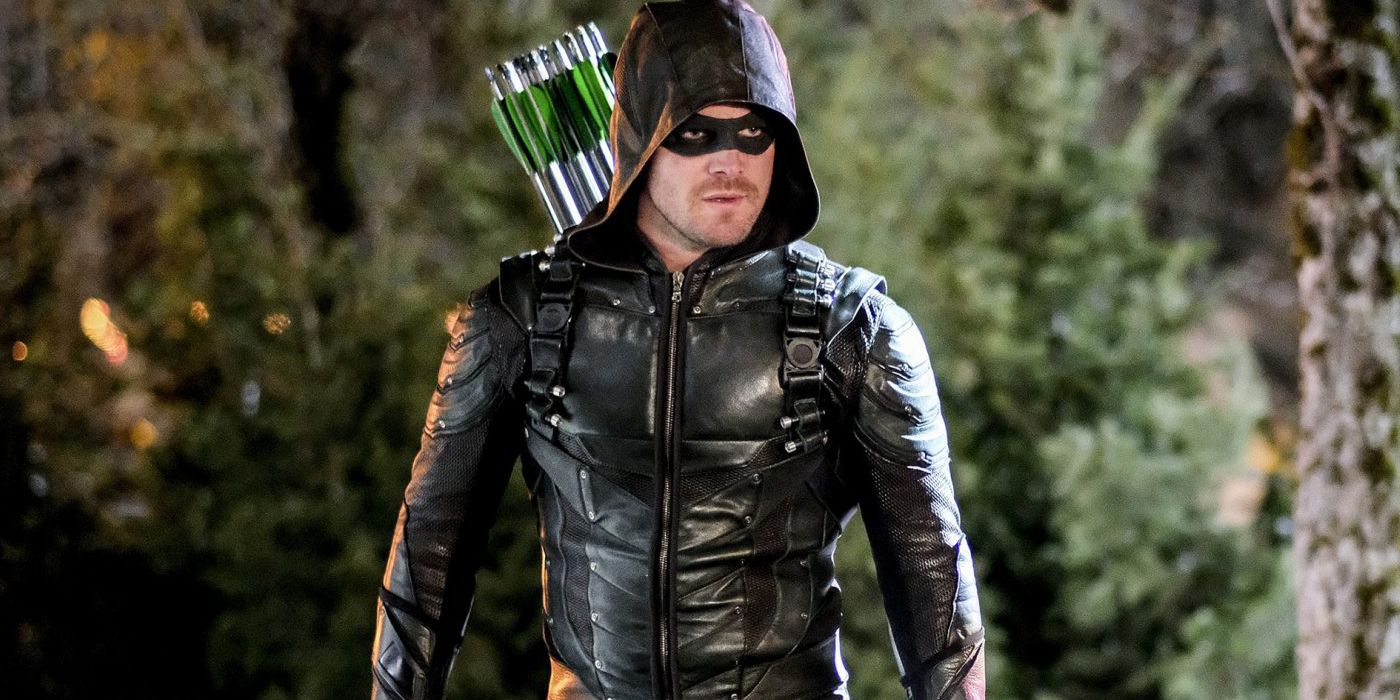Spreading across multiple shows and spanning massive crossover events, the Arrowverse re-wrote the rule book on superhero TV in many ways -- but now its storytelling format is stale and outdated. The shared universe will end when The Flash does and the same should go for its format. Constantly creating a new "villain of the week" and "villain of the season" made each and every season predictable and boring for the audience. The Arrowverse brought tons of DC characters to the screen, but it didn't continually create compelling stories.
As shows like Arrow, The Flash and Supergirl went on, it became apparent that there was little to no evolution in their storytelling. They followed the same general blueprint that had been the same since Smallville. Each week there was always a new villain for the heroes to take down while during the episode, hints about the larger, looming seasonal villain would be dropped. This easy to follow blueprint has become a thing of TV shows past.
Superheroes Have Moved Beyond the Arrowverse's Weekly Villains
Since Arrow premiered in 2012, the superhero TV series has continued to transform. Netflix's Daredevil told a much more nuanced and character-driven story that treated its villains as actual people, rather than just a prop for the hero. Both superheroes and villains need to be able to change throughout the series, and not backslide as soon as the season ends. The Arrowverse became notorious for building up to big character changes -- then almost immediately forgetting about that growth when the next season began. The only development that ever seemed to stick was the corner of a possible DC Multiverse.
While showing off a new minor villain each week did showcase more DC characters, it was also hard to get excited about seeing a favorite DC villain when the audience knew that they probably wouldn't ever see them again. The only Arrowverse show that managed to improve on the format was the still-valuable DC's Legends of Tomorrow. Instead of weekly villains, it relied on weekly settings. The show's characters would be fighting the same villains for weeks, but those battles taking place across different periods of time made them far more interesting. Unfortunately, there's little that the Arrowverse has left to offer a more savvy audience.
There Are More Interesting Superheroes Outside of the Arrowverse
With Arrowverse writers moving on to Daredevil and other projects, the audience should, too. Continuing the franchise for so long has led to a formerly incredible group of shows slowly falling off one by one. Meanwhile, unique series like Peacemaker, WandaVision, and Loki have showcased new ideas of what a superhero TV series can be and even received some awards recognition. The genre is growing at the same time that the Arrowverse has already done more than enough.
After more than a decade, the Arrowverse deserves a proper end -- and that includes ending its overdone format. It was difficult to care about which villain would fight Supergirl or which evil version of Flash would surface after the first few years. There are greater opportunities to tell more detailed stories and to even decide what those stories should be. While the Arrowverse helped make superhero TV into something to be taken seriously, it's time to admit that the genre has progressed beyond it.


